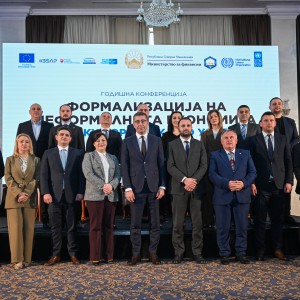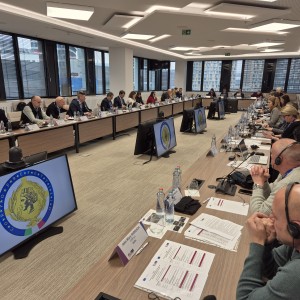News
14 October 2025 |News
Regional Forum Strengthens Momentum for Tourism Formalization through Productivity Lens (Updated)
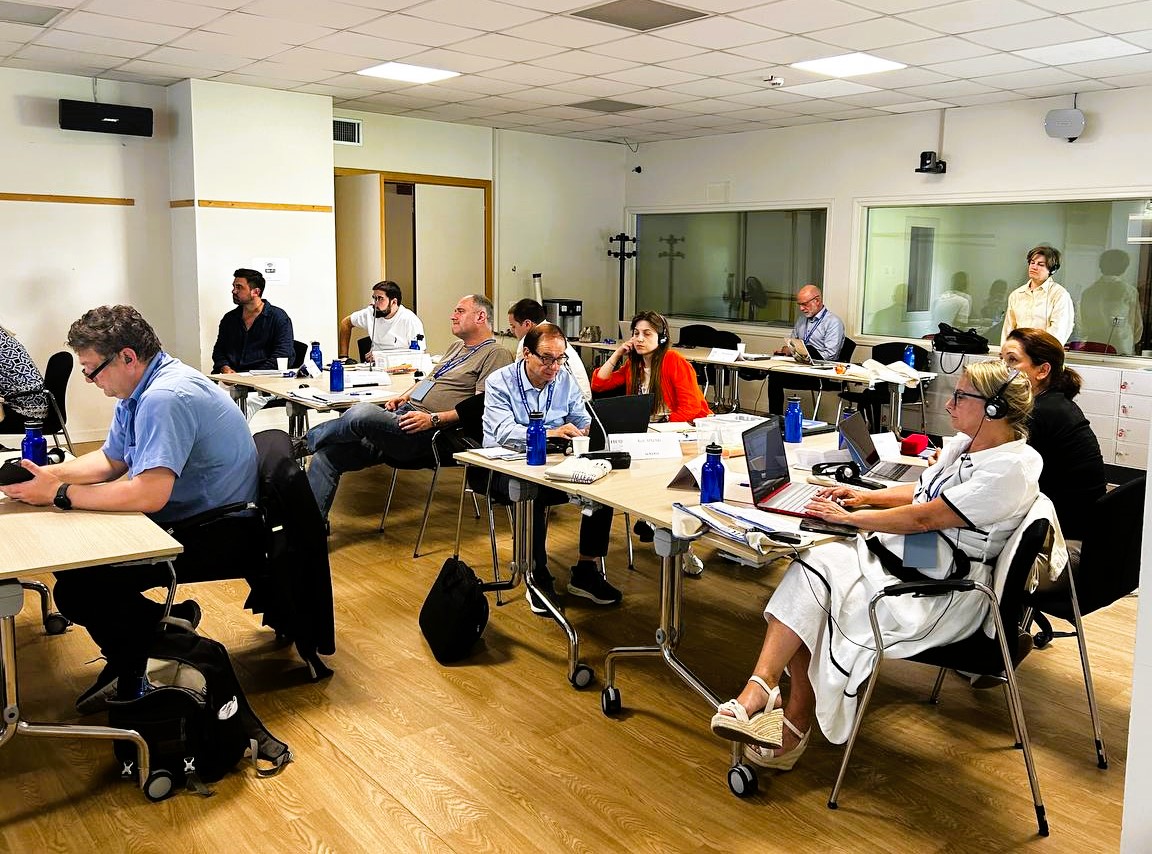
©ILO Regional Formalization Forum Turin June 2025
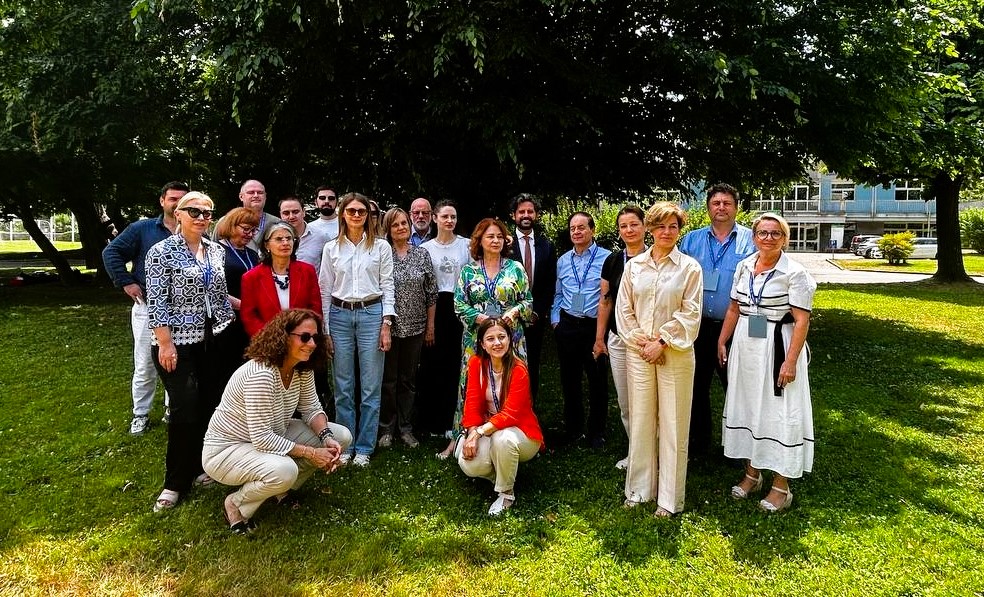
©ILO Regional Formalization Forum Turin June 2025
Turin, 24–27 June 2025 — The Policy Forum on Incentive-Based Approaches to Formalization, hosted at the International Training Centre of the ILO (ITC-ILO), gathered representatives of Employers’ Organizations from Albania, Montenegro, Georgia, and Moldova to explore how productivity-driven incentives can accelerate the transition from informality to formality.
The event, organized and supported by the ILO and the European Union-funded project “Employment and Social Affairs 3 (ESAP 3), came at a strategic moment for the Western Balkans, where both Albania and Montenegro are working with ILO assistance to design roadmaps for formalization of tourism enterprises. The Forum aimed to build capacity of the Employers’ Organizations, strengthen regional learning, inspire engagement, and serve as a practical trigger for renewed dialogue and policy innovation.
Formalization through productivity: A new mindset
At the Forum, a recurring message was that formalization and productivity must be advanced together. The ILO’s presentations underscored that informality is often rooted in low productivity, enterprises that lack the margins to absorb compliance costs remain informal. Meanwhile, more productive firms can better handle regulatory and fiscal obligations, making formalization more viable. The Forum’s “Productivity and Formalization” session laid out three archetypes of informal enterprises and argued that transformable enterprises, those with latent potential, should be prioritized for targeted support. Contexts, where higher productivity firms are up to 14 times more efficient than low-performing ones, underscore the need for targeted support to “transformable enterprises” that could thrive if given the right tools.
The comparative studies from Mapping Enterprise Formalization Measures in the EU report reinforced these arguments, showing that countries combining formalization incentives with productivity-enhancing interventions (e.g. business development services, access to credit, digital tools) tend to see stronger uptake of formalization in tourism sectors. The alignment between the Forum’s technical discussions and the mapping publication’s findings helped delegates envision how to translate comparative models into national practice.
Albania and Montenegro: Building on early momentum
The Albanian and Montenegrin delegations contributed insights from their national processes, where governments, employers, and social partners are collaborating with ILO and ESAP 3 project support to identify concrete measures for tourism formalization.
-
In Albania, a recent workshop in Tirana (June 2025) brought together sector representatives to define priorities such as digitalization, awareness-raising, fiscal incentives, and better coordination among institutions (ESAP News ).
-
In Montenegro, efforts are under way to integrate formalization into tourism development policies, drawing on experiences with simplified tax regimes and local pilot initiatives (ESAP News ).
While the roadmaps in both countries are still being refined, the Forum provided a platform to test ideas, compare approaches, and strengthen institutional ownership. Discussions helped participants situate their national initiatives within broader European experiences mapped in the new ILO publication “Mapping Enterprise Formalization Measures in Tourism in the European Union” (ESAP News ).
A catalyst for continued engagement
Participants agreed that incentive-based formalization requires integrated ecosystems, combining simpler procedures, fair enforcement, productivity support, and responsible business conduct. Furthermore, aligning enterprise practices with International Labour Standards can promote both formalization and competitiveness.
By the end of the Forum, delegations had strengthened their capacity and commitment to work on Formalization Roadmaps through participatory dialogue at home. The event also helped strengthen relations among Employers’ Organizations in the Western Balkans and beyond.
As the Western Balkans move toward operationalizing their formalization strategies in the tourism sector, the Turin Forum stands out as a catalyst for sustained engagement. It translated comparative evidence and technical expertise into practical reflection, helping them focus on policies that link productivity growth with decent work and formalization.
The Employment and Social Affairs Platform (ESAP 3), funded by the European Union and implemented by the International Labour Organization, supports Western Balkan economies in advancing labour market governance, formalization, and social dialogue.


